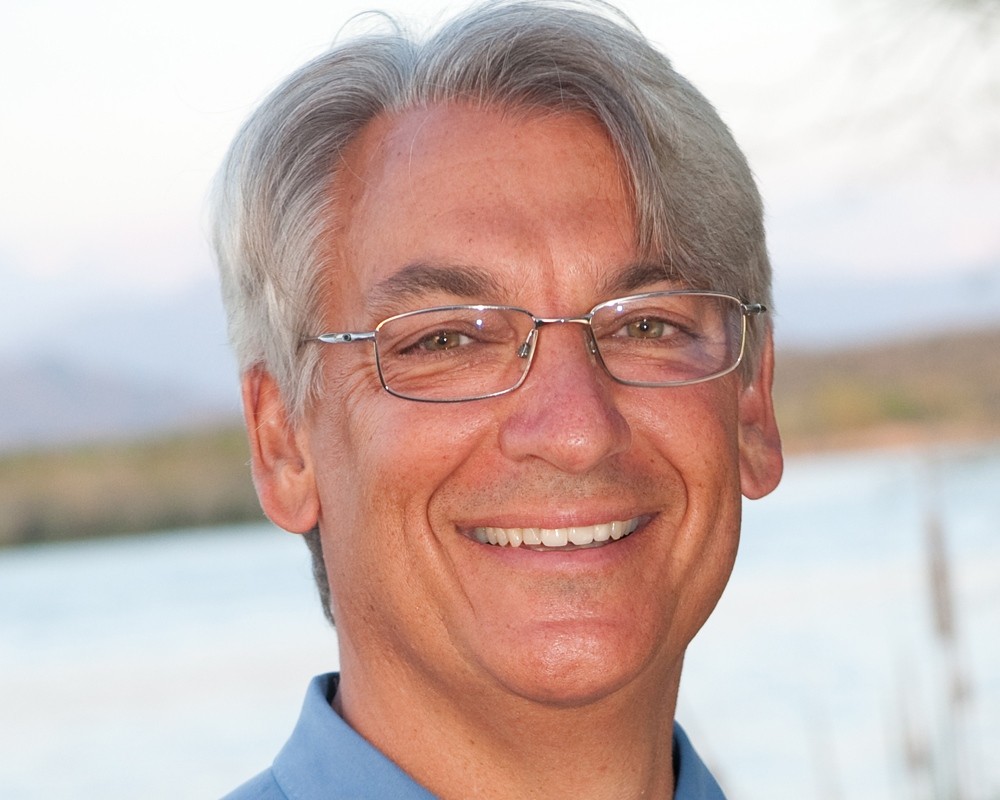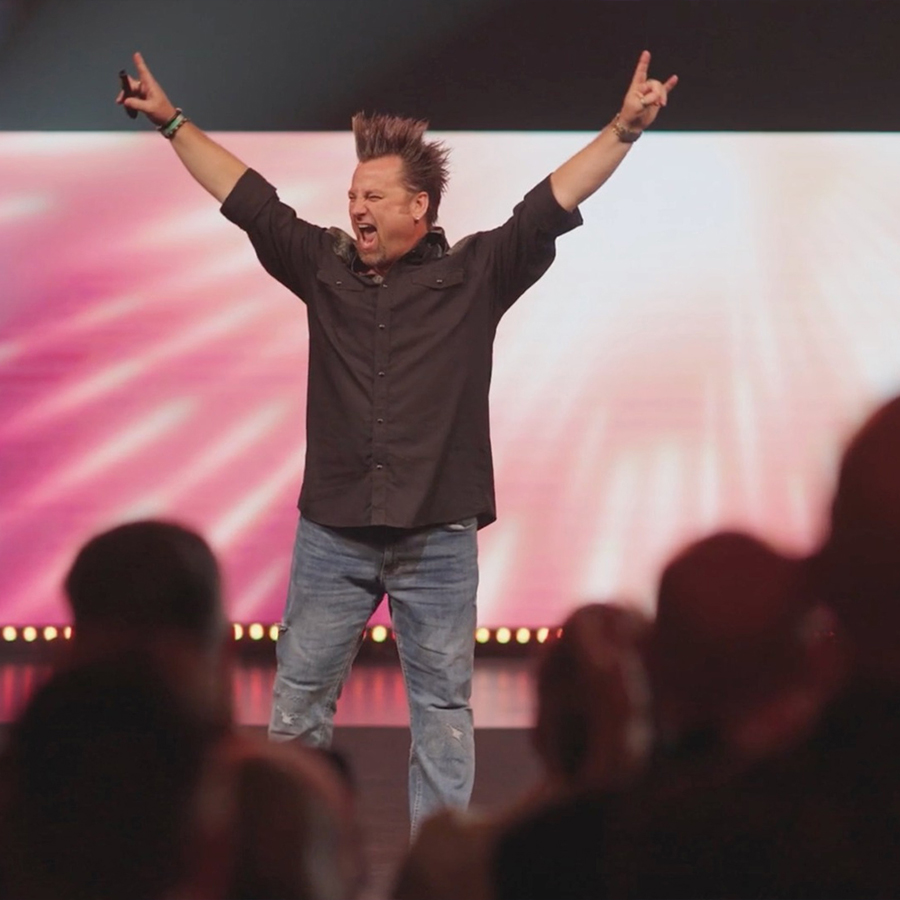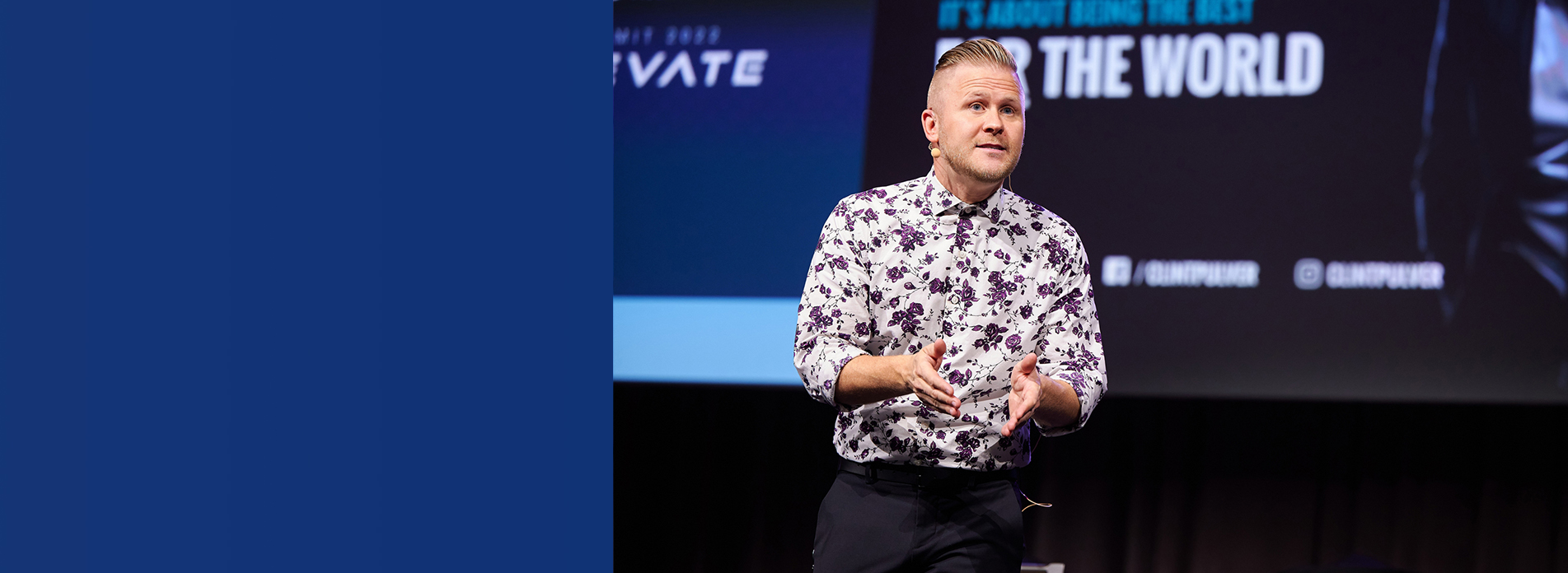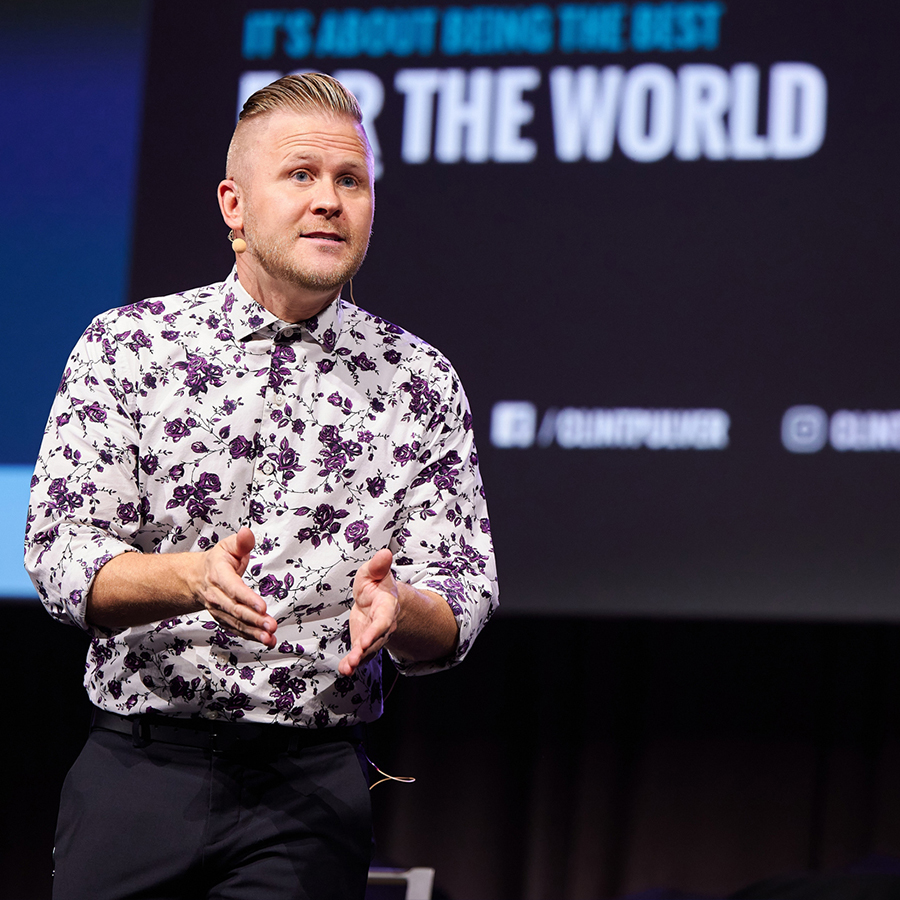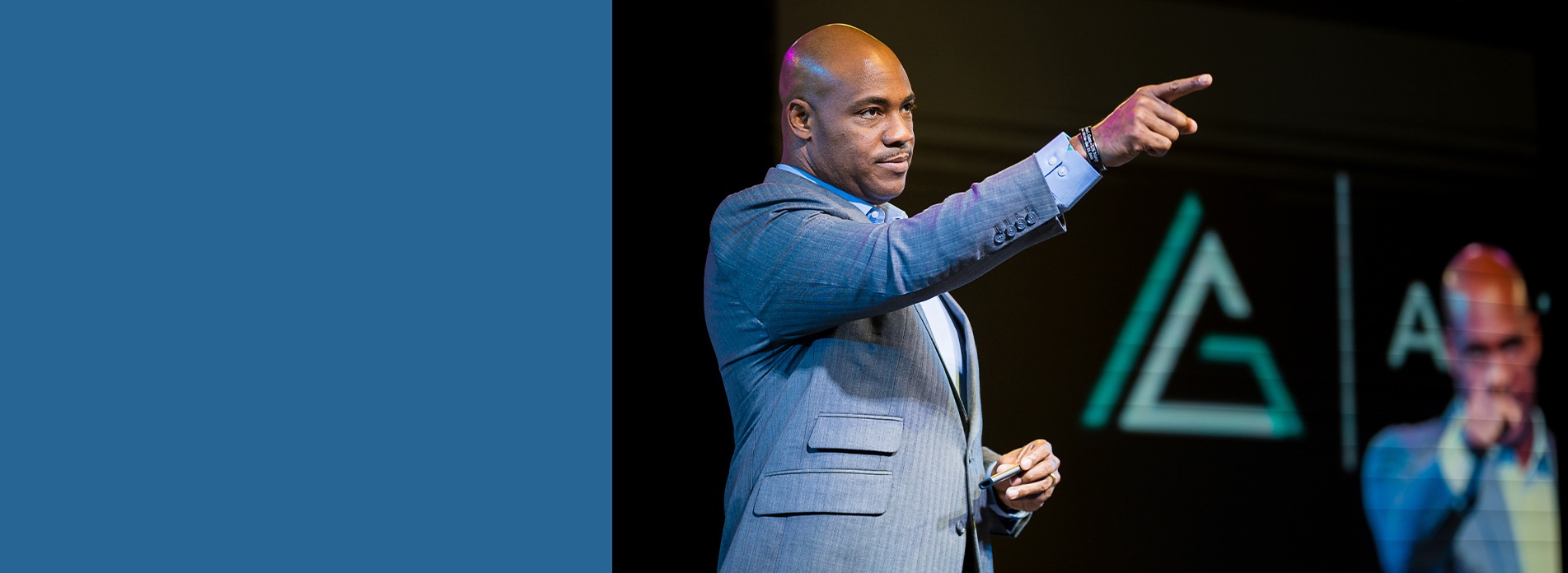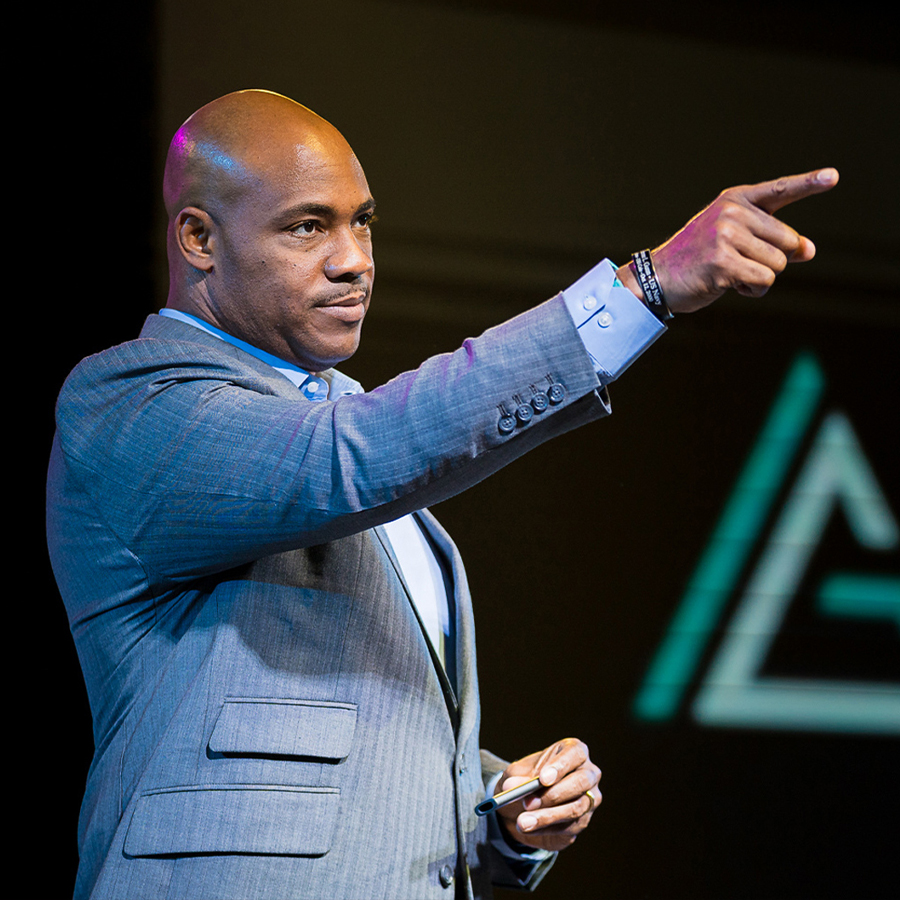Dave Dravecky’s story is one of hope, courage and perseverance in the midst of dark and overwhelming uncertainty. In 1988 Dave was at the top of his game and life. Not only did he have a wonderful family but he was reaching his all-star peak playing the game of his childhood dreams. His 5-1 opening day victory over the Dodgers was overshadowed later that fall by the discovery of cancer and the removal of half of the deltoid muscle in his pitching arm. For baseball fans worldwide Dave Dravecky etched his name into history on August 10, 1989. Defying all odds, after battling cancer in his pitching arm, Dave came back to pitch once again in the Major Leagues. People were on their feet cheering and anticipating the game while he stretched and warmed up. He became an inspiration not only to cancer fighters, but to all who needed hope that day.
As Dave took the mound, no one could deny the miracle that was taking place. After being told by his doctors, “Short of a miracle, you’ll never pitch again,” Dave pitched a 4-3 win for the San Francisco Giants. Sadly, Dave’s comeback was short-lived. Five days later, in Montreal, Dave threw “…the pitch that could be heard round the world.” Dave’s arm had split in two. As he tumbled to the ground, his mind filled with doubt and fear. Little did he know that the dream he had since he was a little boy, was simply a platform for his purpose to share hope with the suffering around the world.
Dave’s triumphant defeat of the cancer and his return to the game of baseball is chronicled in his award winning book, Comeback, which has sold more than 650,000 copies. After Dave’s comeback and fall from the mound, with the weakened bone, the cancer returned yet again. The arm was not going to get better at this point so Dave decided to retire from his dream, the game of baseball, in November of 1989.
Slowly the treatment and the cancer ate away Dave’s arm and simultaneously his career. Radiation treatment after radiation treatment resulted in a staph infection that placed a hole in the middle of his arm exposing bone. Finally, the arm along with Dave’s shoulder blade and left side of his collar bone had to be amputated for fear the cancer would spread and take Dave’s life. In the book, When You Can’t Comeback, written with his wife, Jan, Dave describes his loss:
“My arm caught the attention of the entire school, when, as a teenager, I pitched my first no hitter…(Later) my ability to provide for my family was not based on how smart I was or how hard I worked. It was based solely on what my arm could do on game day. When people talked with me, it was the center of conversation. ‘How’s the arm today, Dave? Is your arm ready for tonight?’ My arm was to me what hands are to a concert pianist, what feet are to a marathon runner. It’s what made me valuable, what gave me worth in the eyes of the world. Then suddenly my arm was gone.”
Dave continues to examine the impact of the amputation on his life in his book, The Worth of a Man. With the absence of his arm, Dave seemed to be stripped of his identity. He began to ask questions many men ponder. Where does my worth come from? What creates my value and identity? Is there more to me than the game of baseball? Is there more to me than my left arm? After a long search, Dave discovered his true worth could never be shaken by adversity or loss. He realized nothing that he did based on worldly success could place value on his life or create his identity. In his book, Dave offers men a new definition of worth.
Because of the overwhelming response to their story and their desire to walk along side others who suffer, Dave and Jan founded Dave Dravecky’s Outreach of Hope, a nonprofit organization The Draveckys realized through their own experiences that one cannot battle cancer alone, so they have created this ministry to bring hope for those who hurt.
Dave is in great demand as a speaker with a story that reaches all age groups, his messages range from motivational to inspirational to evangelical. Dave Dravecky genuinely relates through his own experiences with loss and suffering, and he powerfully inspires through the encouragement he gathered from the faith and hope he discovered along his journey.
